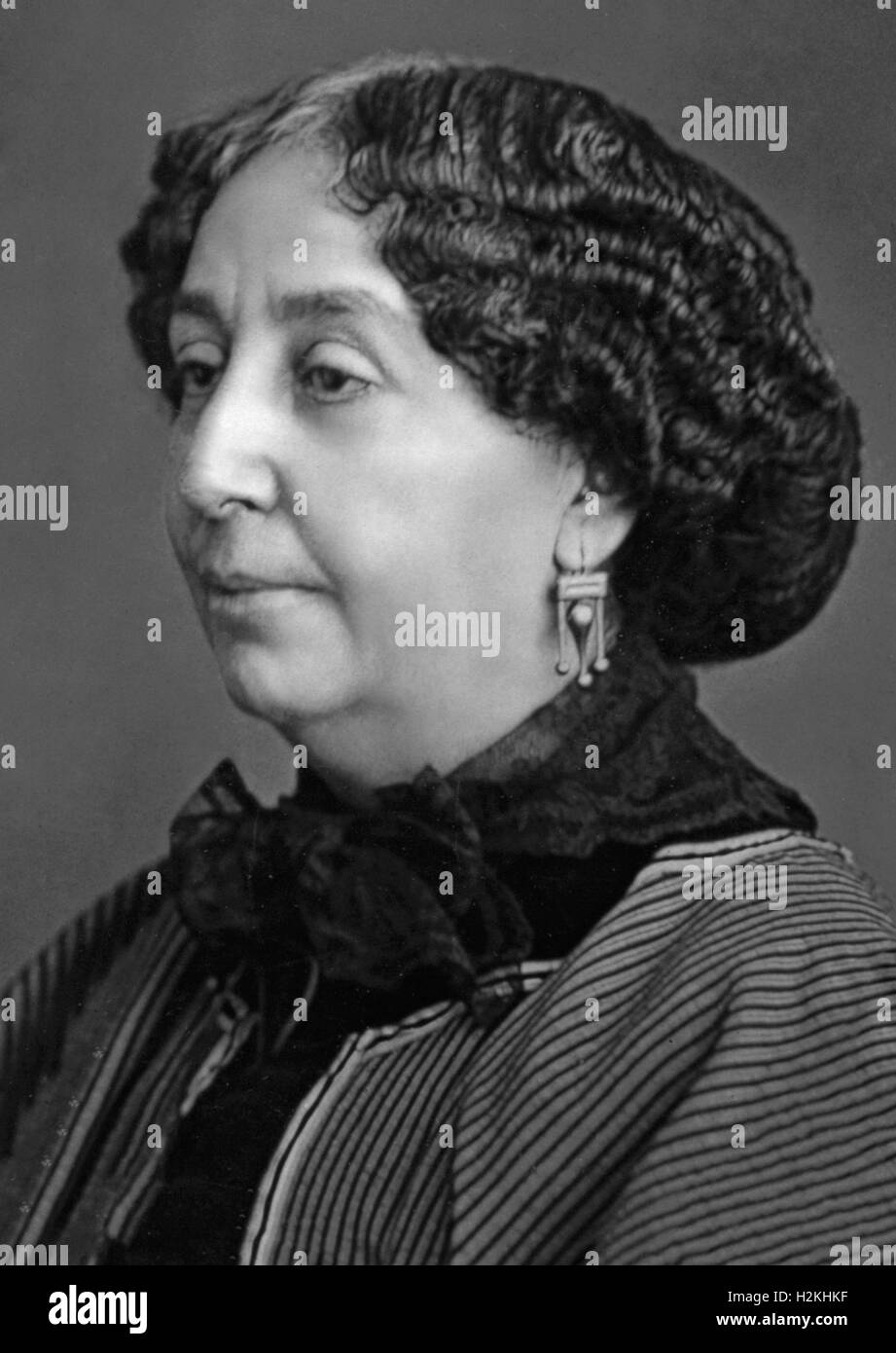

Sand found positive heroes among the common people, for example among such workers as the joiner Pierre Huguenin ( The Journeyman Joiner, 1840), the miller Louis ( The Miller of Angibault, 1845), and the carpenter Jean Jappeloup ( The Sin of Monsieur Antoine, 1845). Her novel Mauprat (1837) condemns romantic rebellion, and Horace (1841–42) debunks individualism. The protagonists of her works from this period are confronted with the ideals of the Utopian socialists. Leroux, and the views of the left-wing republicans. In the mid-1830’s, Sand was drawn to the ideas of the Saint-Simonists, the Christian socialism of P.

The novels Valentine (1832), Lélia (1833), and Jacques (1834), permeated with rebellious individualism, placed Sand firmly in the ranks of the democratic romantics. Her first independent work, the novel Indiana, appeared in 1832 under the pen name George Sand in this work the question of women’s rights is expanded into the broader question of human freedom. Sand’s formation as a writer took place in the atmosphere of social upheaval brought about by the July Revolution (1830). In 1831, after separating from her husband, she published the novel Rose and Blanche in collaboration with the writer Jules Sandeau. Sand studied at an English Catholic convent in Paris. Born July 1, 1804, in Paris died June 8, 1876, in Nohant, Indre Department. (pen name of Aurore Dupin married name Dudevant). Much of her work was autobiographical, notably Histoire de ma vie (1854) Elle et lui (1859), which concerns her life with Musset and Un Hiver à Majorque (1842), about her life with Chopin. All these books are distinguished by a romantic love of nature as well as an extravagant moral idealism. Tales of a Grandmother, 1930), a collection of Breton fairy tales. Fanchon the Cricket, 1864), and Contes d'une grand'mère (1873, tr. Francis the Waif, 1889), La Petite Fadette (1849, tr. The Haunted Pool, 1890) and Les Maîtres sonneurs (1853) are considered masterpieces. Of her own novels, La Mare au diable (1846, tr. Her first novel, Rose et Blanche (1831), was in collaboration with Jules Sandeau (a shortening of his last name provided her with the pseudonym which she kept all her life), with whom she had previously written articles for the journal Figaro.

She demanded for women the freedom in living that was a matter of course to the men of her day. Her liaisons-with Jules Sandeau, Musset, Chopin, and others-were open and notorious, but were only part of her life. Her earlier novels were romantic later ones often expressed her serious concern with social reform. She wrote some 80 novels, which were widely popular in their day, supporting herself and her children chiefly by her writing. In 1831, after eight years of a marriage of convenience with Baron Dudevant, a country squire, she went with her two children to Paris, obtaining a divorce in 1836. After entering a convent in Paris, she returned to the countryside and led an unconventional life, donning the male clothes that became a mark of her rebellion. Born of an aristocratic father and a lower-class mother, she was reared by her austere paternal grandmother on a country estate in Berry. Other variant forms of her maiden name include Amantine Lucile Aurore Dupin. of Amandine Aurore Lucie Dupin, baronne Dudevant (ämäNdēnˈ ôrôrˈ lüsēˈ düpăN, bärônˈ düdväNˈ), 1804–76, French novelist.


 0 kommentar(er)
0 kommentar(er)
